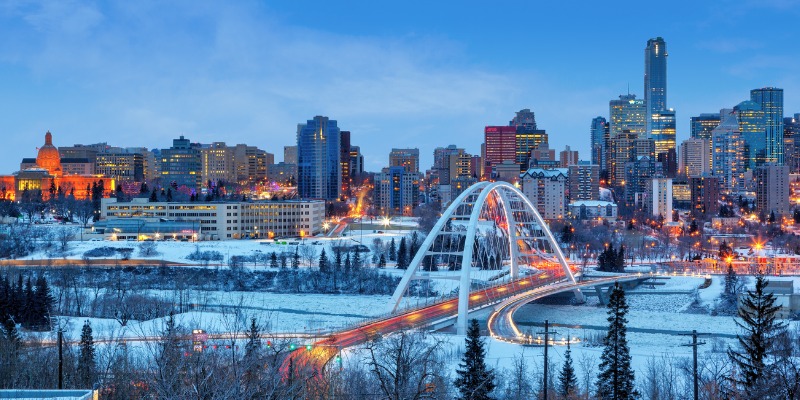Canada Global (Web News) The cost to heat houses and run other petrol appliances will climb as a result of the federal carbon price increase, which goes into effect on April 1. Household rebates, particularly for Albertans with average or below average salaries, are anticipated to offset a significant portion of that.
According to Kent Fellows, an assistant professor at the University of Calgary’s School of Public Policy, “from the median household income and down, the household rebate on the carbon tax should be — for most of those households — higher than what they are facing in increasing carbon prices.” “So we price the carbon to try to convince people to switch away from it, but then there is a top-up that comes through that rebate,” the author said.
According to Fellows, for many homes with higher-than-average incomes, the equation is reversed.
Drivers attempted to avoid the rise because they anticipated sticker shock at the pump.
It’s preferable to fill up now rather than later because prices change and, based on what I’ve heard, they might increase, according to Kamran Bukhari.
While the stations close to my house were still charging $1.20 or $1.21 per litre, Calgarian Daryl Lavallee remarked, “I was heading home and all the stations started to say like $1.40 a litre, so I figured I’d best fill up for less while I can.”
We have already paid about 11 cents of the estimated 14 cents per litre carbon tax on fuel.
When it comes to the effects on industry, certain fields like agriculture and major emitters are adversely effected.
The federal carbon policies, according to Fellows, are created with that in mind.
For the petrol or diesel they use to cultivate and harvest crops, farmers already enjoy an exemption.
A recent private member’s bill that exempts farmers from the carbon tax on the natural gas and propane they used to dry crops and heat barns was also passed.
The law won’t go into force, though, until this fall.


